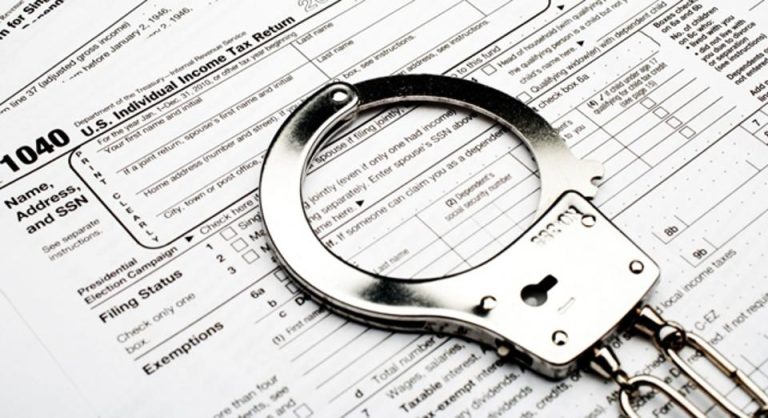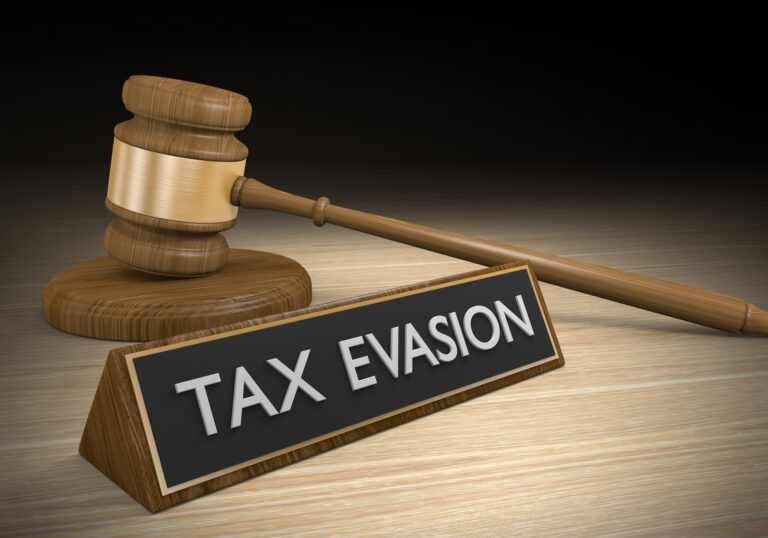Accommodation Addresses Definition And Prevention
Accommodation addresses are used by fraudsters as a way to disguise their true identity and location. This involves using a false address, typically a rented mailbox or office space, to receive mail or packages that contain sensitive information or goods that have been purchased fraudulently. The use of accommodation addresses is a common tactic used in various types of fraud, including identity theft, credit card fraud, and online scams. In this article, we will explore the definition of accommodation addresses, how they are used in fraud, and the measures that can be taken to prevent their use.
Definition of Accommodation Addresses
Accommodation addresses are typically rented mailing addresses or office spaces that are used by fraudsters to receive mail or packages that contain sensitive information or goods that have been purchased fraudulently. These addresses are often used to conceal the true identity and location of the fraudster and to make it difficult for law enforcement to track down the perpetrator.
How Accommodation Addresses are Used in Fraud
Accommodation addresses are commonly used in various types of fraud, including:
- Identity Theft
Fraudsters may use accommodation addresses to receive mail or packages containing personal information, such as credit card statements, bank statements, and other financial documents, that can be used to steal someone’s identity.
- Credit Card Fraud
Fraudsters may use accommodation addresses to receive packages containing goods that have been purchased using stolen credit card information. The accommodation address is used to conceal the true identity and location of the fraudster, making it difficult for law enforcement to track them down.
- Online Scams
Fraudsters may use accommodation addresses to receive payments for goods or services that they have advertised online but have no intention of delivering. The accommodation address is used to make it appear as though the fraudster is a legitimate seller, making it more difficult for potential victims to detect the scam.
Prevention of Accommodation Addresses
There are several measures that can be taken to prevent the use of accommodation addresses in fraud, including:
- Verifying Addresses
Businesses and individuals should verify the addresses of their customers or clients before sending mail or packages. This can be done by checking the address against a database of known accommodation addresses or using a service that verifies addresses.
- Monitoring Transactions
Businesses should monitor transactions for suspicious activity, such as multiple purchases from the same address or purchases made using a credit card with a different billing address.
- Background Checks
Employers should conduct background checks on employees who will be handling sensitive information or financial transactions. This can help to identify potential fraudsters who may be using accommodation addresses.
- Reporting Suspected Fraud
Businesses and individuals should report suspected fraud to the appropriate authorities, such as the police or the Federal Trade Commission (FTC).
- Education and Awareness
Education and awareness campaigns can also help to prevent the use of accommodation addresses in fraud by making people aware of the risks and how to protect themselves from fraudsters.
Conclusion
Accommodation addresses are a common tactic used by fraudsters to conceal their true identity and location. They are used in various types of fraud, including identity theft, credit card fraud, and online scams. To prevent the use of accommodation addresses in fraud, measures such as verifying addresses, monitoring transactions, conducting background checks, reporting suspected fraud, and education and awareness campaigns are essential. By being vigilant and taking proactive steps to prevent fraud, businesses and individuals can protect themselves from the devastating effects of fraud.






